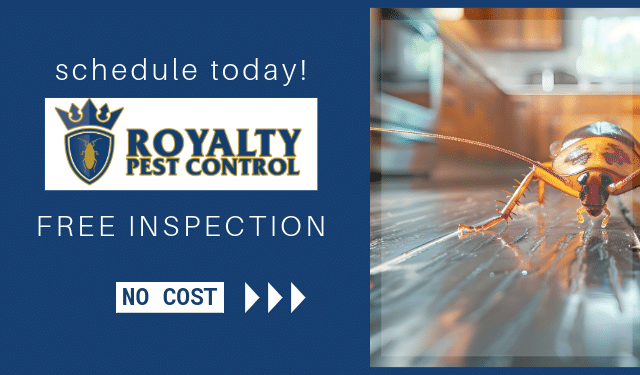Keep Your Business Pest-Free & Pass Every Health Inspection
Health inspections are a make-or-break moment for businesses, especially in the restaurant, hospitality, and food service industries. A single pest sighting can lead to fines, bad reviews, or even closure. The good news? With proper pest prevention strategies, you can ensure your business remains pest-free and compliant with health regulations.
This guide will cover:
✅ What inspectors look for
✅ The hidden dangers of pests in businesses
✅ Pest control best practices
✅ How to maintain compliance year-round
What Health Inspectors Look for During an Inspection
Health inspectors are trained to spot even the smallest signs of a pest problem. Here’s what they typically check:
1. Signs of Pest Activity
- Live or dead pests (cockroaches, rodents, flies, etc.)
- Droppings or urine stains
- Gnaw marks on food packaging or electrical wiring
- Nests in storage areas or behind appliances
2. Food & Waste Storage
- Open food containers or improperly sealed storage
- Dirty garbage bins or overflowing trash
- Standing water or moisture buildup
3. Structural Issues
- Cracks, holes, or gaps in walls, floors, or doors
- Leaky pipes or drains attracting pests
- Poor ventilation causing humidity buildup
The Hidden Dangers of Pests in Businesses
A pest problem can ruin your reputation, cost thousands in fines, and put customers at risk.
🦟 Flies & Food Contamination
- Flies land on garbage, feces, and rotting food before contaminating kitchen surfaces.
- They carry over 100 pathogens, including E. coli and Salmonella.
🐀 Rodents & Structural Damage
- Rats and mice chew through wiring and insulation, increasing fire hazards.
- A single rodent sighting can cause customers to leave negative reviews.
🪳 Cockroaches & Health Hazards
- Roach droppings trigger asthma and allergies.
- They spread bacteria on food surfaces, leading to foodborne illnesses.
📌 According to the CDC, foodborne illnesses cause 48 million illnesses, 128,000 hospitalizations, and 3,000 deaths in the U.S. each year. Source
Pest Control Best Practices for Businesses
To keep your business inspection-ready, follow these pest prevention strategies:
1. Keep Your Business Clean
- Clean floors, counters, and kitchen equipment daily.
- Store food in sealed containers and rotate stock regularly.
- Empty trash bins frequently and use tight-fitting lids.
2. Seal Entry Points
- Install door sweeps and weather stripping to block pest access.
- Repair cracks in walls, floors, and baseboards.
- Inspect windows and vents for gaps.
3. Address Water & Waste Issues
- Fix leaky pipes and clogged drains.
- Ensure grease traps and dumpsters are properly maintained.
- Keep storage areas dry to discourage pests.
4. Schedule Routine Pest Control Inspections
- Professional inspections detect and prevent infestations before they escalate.
- Pest control experts use integrated pest management (IPM) to create custom treatment plans.
🪳 Royalty Pest Control offers Commercial Pest Control Services in Sacramento, Folsom, El Dorado Hills, Lincoln, and Galt! Contact us today!
Final Thoughts
Passing a health inspection requires more than just clean surfaces—it demands consistent pest prevention. By following these expert tips, your business can stay compliant, pest-free, and customer-approved.
⚠️ Need commercial pest control in Sacramento, Folsom, El Dorado Hills, Lincoln, or Galt? Click below to schedule Your Free Inspection Today!

